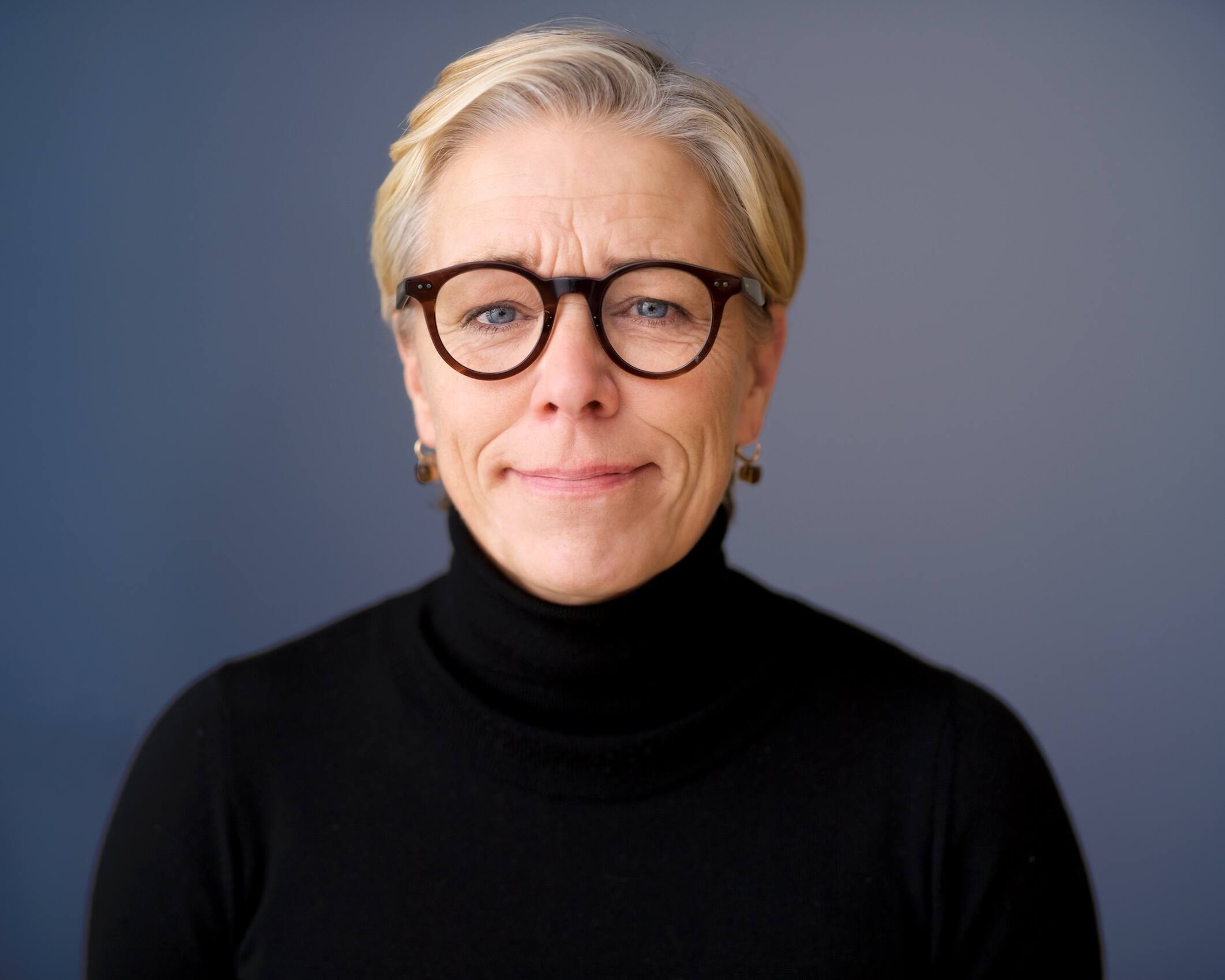Sessions With Maria Moræus Hanssen
Monday, 11 March
-
07:30pm - 09:00pm (CST) / -
North Sea: The revival continues
Panel OilAfter a record-breaking year for M&A in the North Sea in 2017, and 2018 not far behind on value and with a larger number of deals, 2019 has arrived with no let-up in activity, with a plethora of assets up for grabs and, seemingly, no shortage of interest from buyers. Why invest in this middle-aged arena? Has age diminished its charm, or made it more alluring? Private equity–backed companies have been keen buyers; Have they grown value, and how and when will they exit? Technical and commercial innovation are driving value; How have the “specialists” transformed the landscape? Are we kicking the decommissioning issue down the road?
- Speakers:
- Jon Story
- Alex Grant
- Maria Moræus Hanssen
- Karl Johnny Hersvik
- Bente Nyland
- Stuart Payne
- Sam Laidlaw
- Bob Maguire
Tuesday, 12 March
-
11:35am - 12:35pm (CST) / -
Global Upstream Strategies: Diversification versus specialization
Panel OilSince the oil price drop in 2014, oil & gas companies have refocused their portfolios in search of cost competitiveness. As a result, more companies have become de-facto specialists for certain asset types or geographies (such as North American unconventionals, oil sands, integrated gas projects). Conversely, the energy transition is spurring some larger companies to diversify into low-carbon solutions. How will this dichotomy of specialization and diversification impact the design of future upstream portfolios? How will diversified players make their capital allocation decisions between quite different business segments? What impact will the energy transition have on each class of upstream players?
- Speakers:
- Paul Markwell
- Gordon Birrell
- Katie Jackson
- Maria Moræus Hanssen
- Geraldine Slattery

